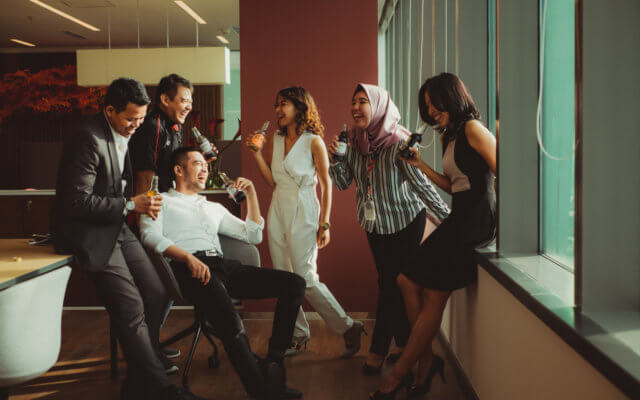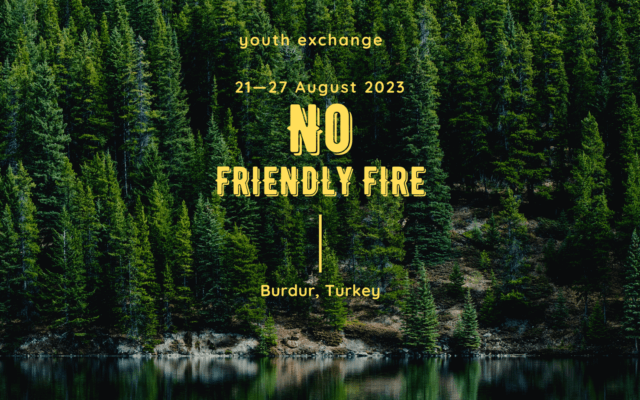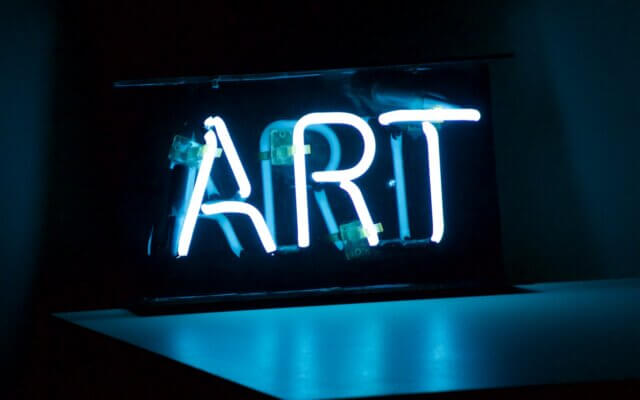ERASMUS+, Klíčová akce 1: tréninkový kurz
Termín konání: 26. srpen—3. září 2025
Místo konání: Bicăcel (Bihor), Rumunsko
Český tým: 2 účastníci-pracovníci s mládeží (ve věku 18+)
Přečtete si info-pack.
Hostitelská organizace: Asociația Idei și Proiecte pentru Tineri Activi
Report z projektu:
Tréninkový kurz, který pořádala organizace IPTA (Idel si Proiecte Pentru Tineri Activi) se konal ve dnech 25.8-3.9 2025 v rumunské vesnici Bicacel, vzdálené asi 30 kilometrů od Oradei a téma tréninkového kurzu bylo: Zdravé vztahy, vztahová hygiena a rozhodovací autonomie u teenagerů i u sebe sama. Na projektu se sešlo 20 účastníků z Litvy, Turecka, České republiky, Polska, Francie, Španělska a domácího Rumunska a celou dobu projektu nás provázel velmi zkušený a zábavný trenér Benny z Rumunska. Organizace IPTA pro nás nachystala úžasný týden plný všech možných informací a her. Ubytovaní jsme byli na pokojích po 2 lidech a ubytování bylo velmi přijemné a dostačující, jídlo bylo přímo úžasné.
První den projektu byl zaměřen na seznamování se všech účastníku projektu formou zábavných her. Další dny jsme se seznámili s 12 pracovními metodami vhodnými pro malé i velké skupiny, s tématy emoční gramotnost, tlak vrstevníků, sebevědomí, rozhodování, autonomie, principy preventivní práce. Na sobotu pro nás Benny přichystal výlet do Oradei, která má v centru překrásnou nezaměnitelnou architekturu a strávili jsme tu celé odpoledne. Na poslední 2 dny jsme se podělili o své znalosti a postupy týkající se konceptu budování zdravých vztahů a vzdělávání obecně. Poslední den odpoledne už bylo hodnocení celého projektu, který byl z mého pohledu velmi užitečný pro každého kdo se chtěl zamyslet nad tím, jak lze tyto nástroje začlenit do práce s mládeží, zejména s teenagery, ale taky pro navazování vztahů mezi jednotlivými členy různých organizací. Obdržely jsme certifikát o absolvování kurzu. Všichni jsme poznali nové lidi, kultury a zemi.
Chtěl bych hrozně moc poděkovat organizaci IPTA za možnost zúčastnit se jejich projektu a hlavně Bennymu, Kristě a Robertě, kteří odvedli neskutečnou práci za ubytovaní, jídlo a výlet do Oradei a dalším účastníkům projektu za skvělou atmosféru, vysílající organizaci EYCB a jeji koordinátorce Janě Parolkové. Vím, že na to budu dlouho vzpomínat.
Martin Z.



